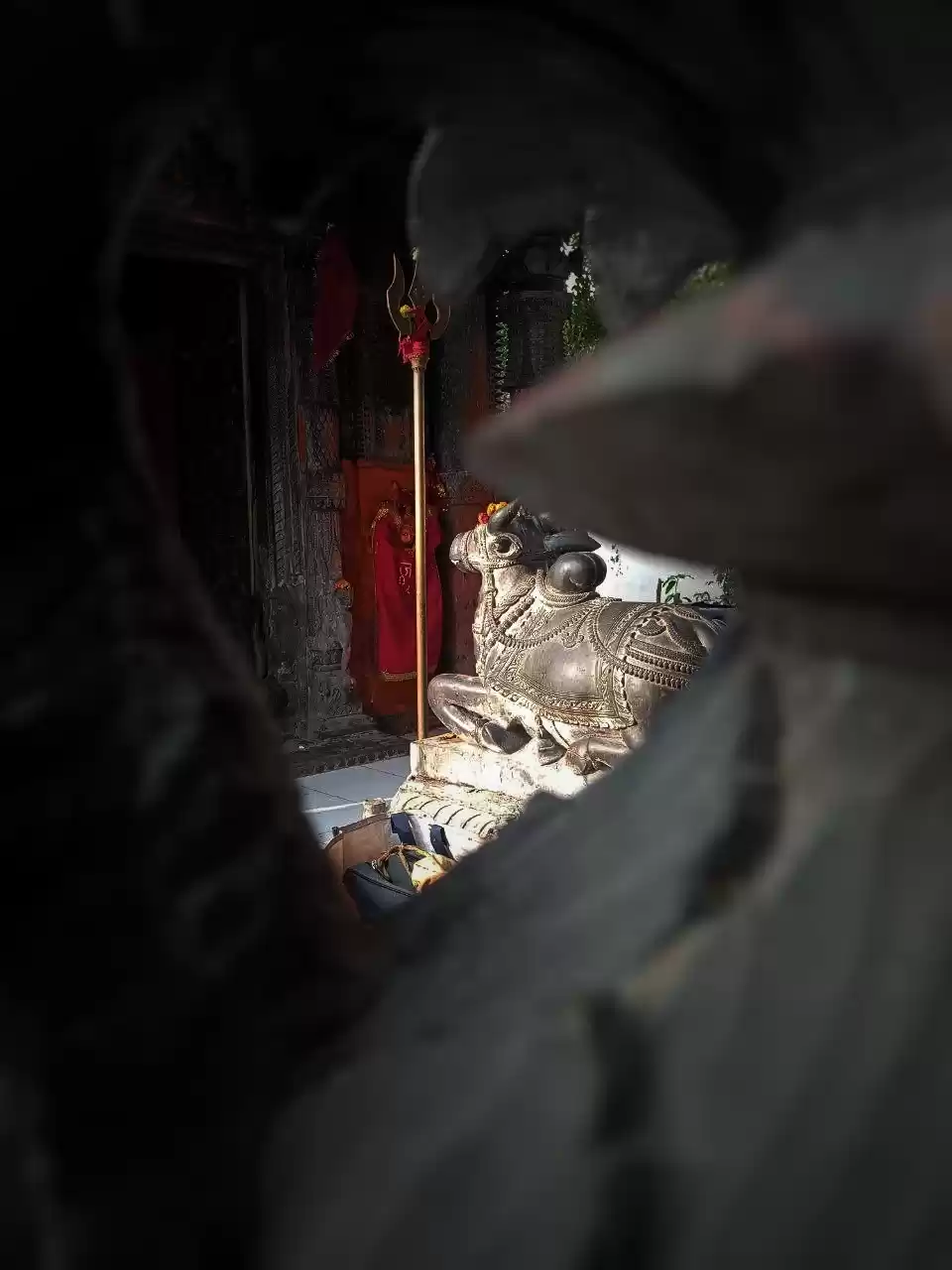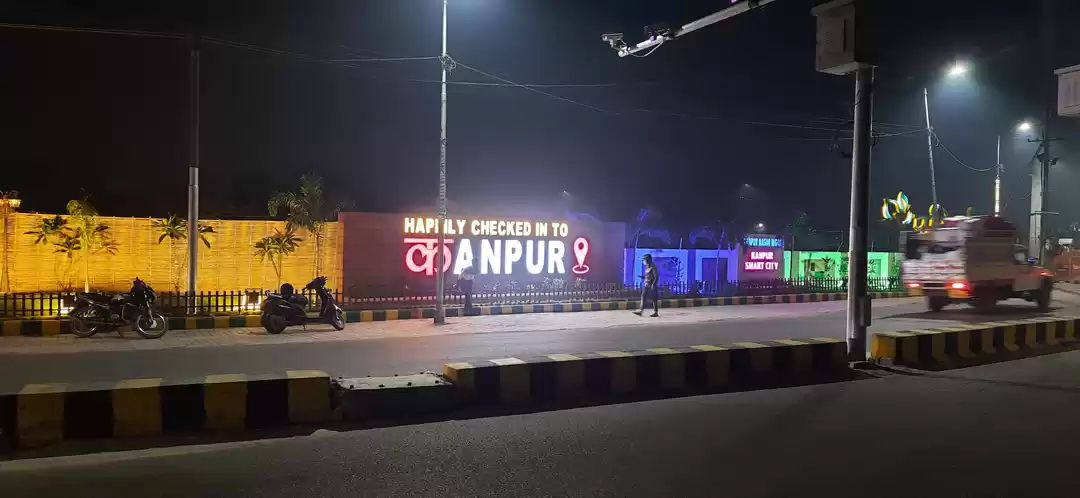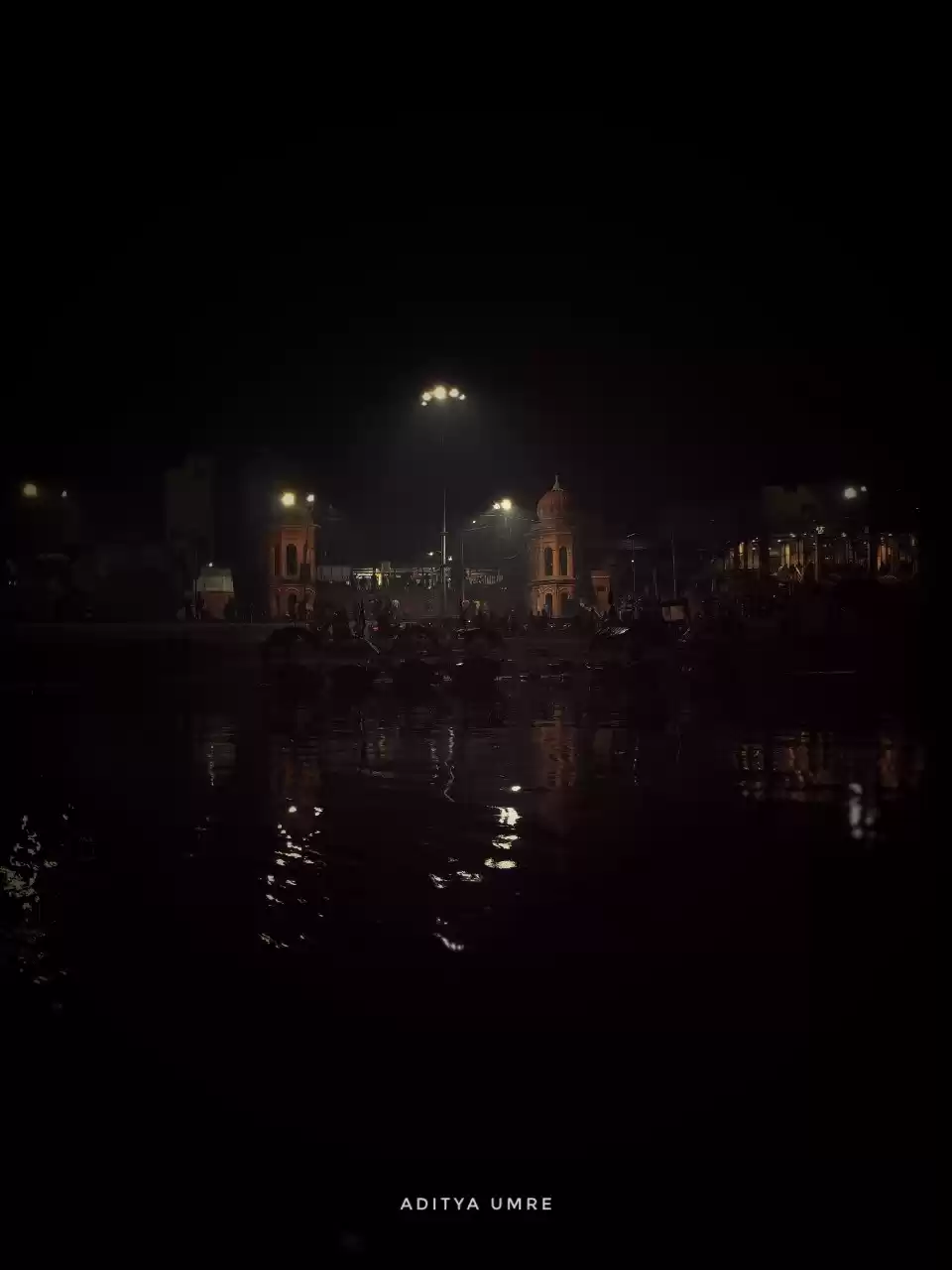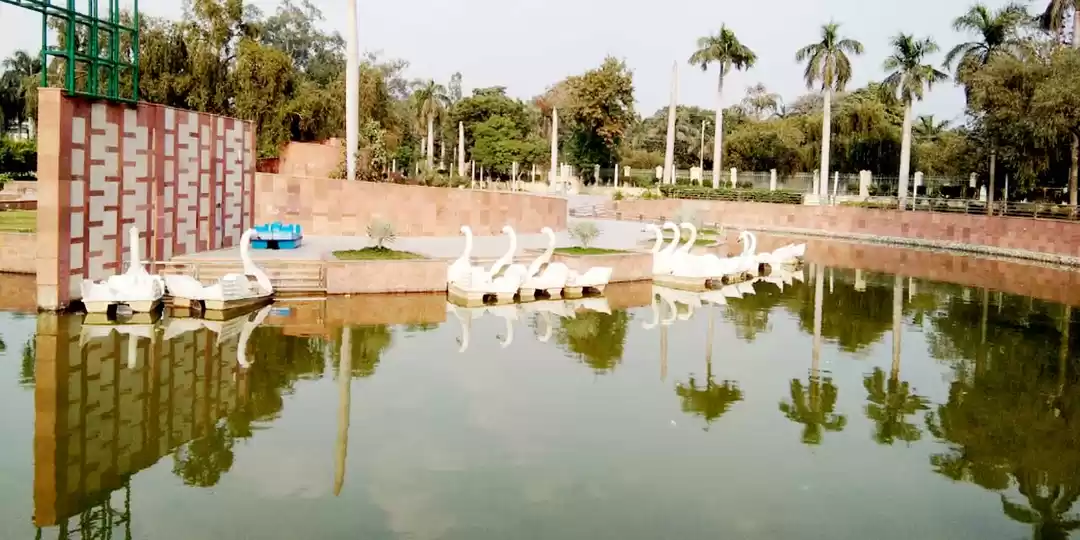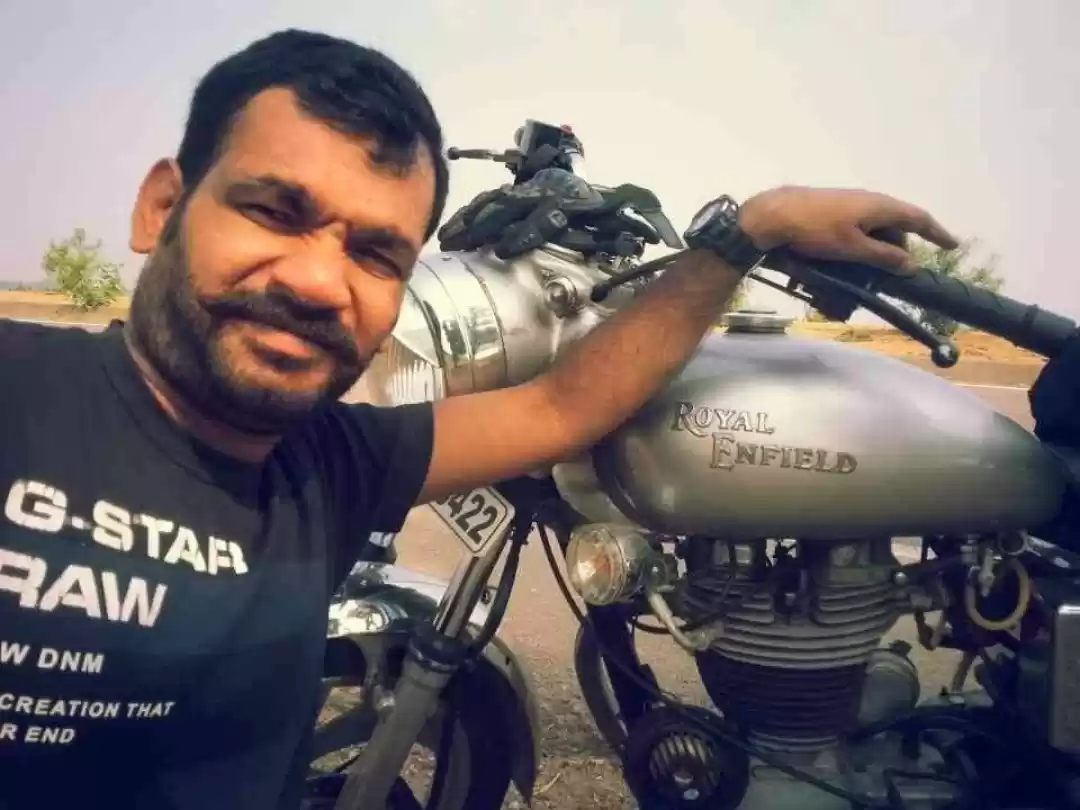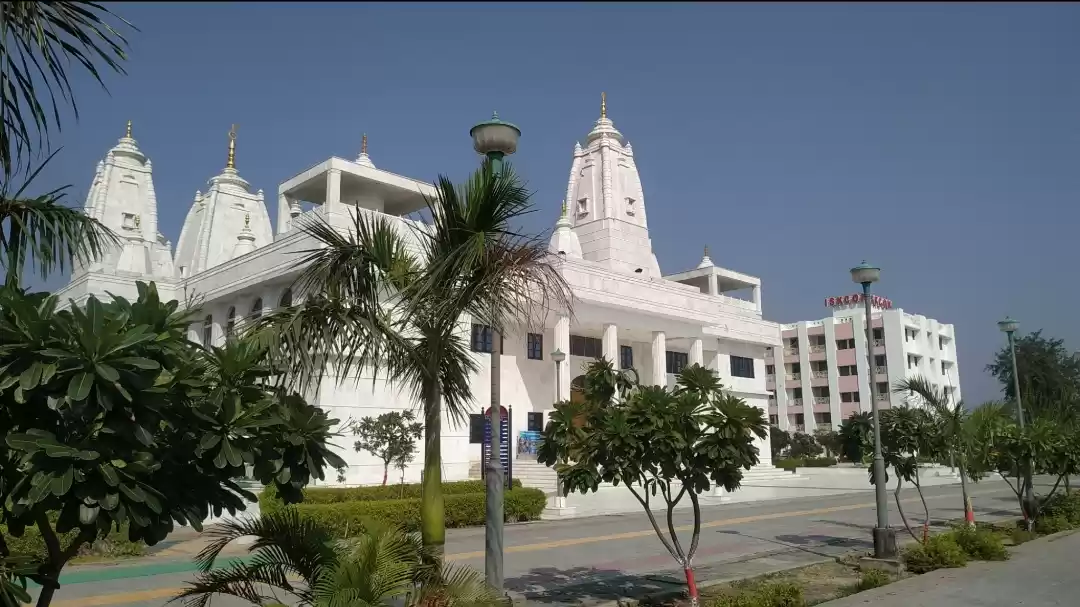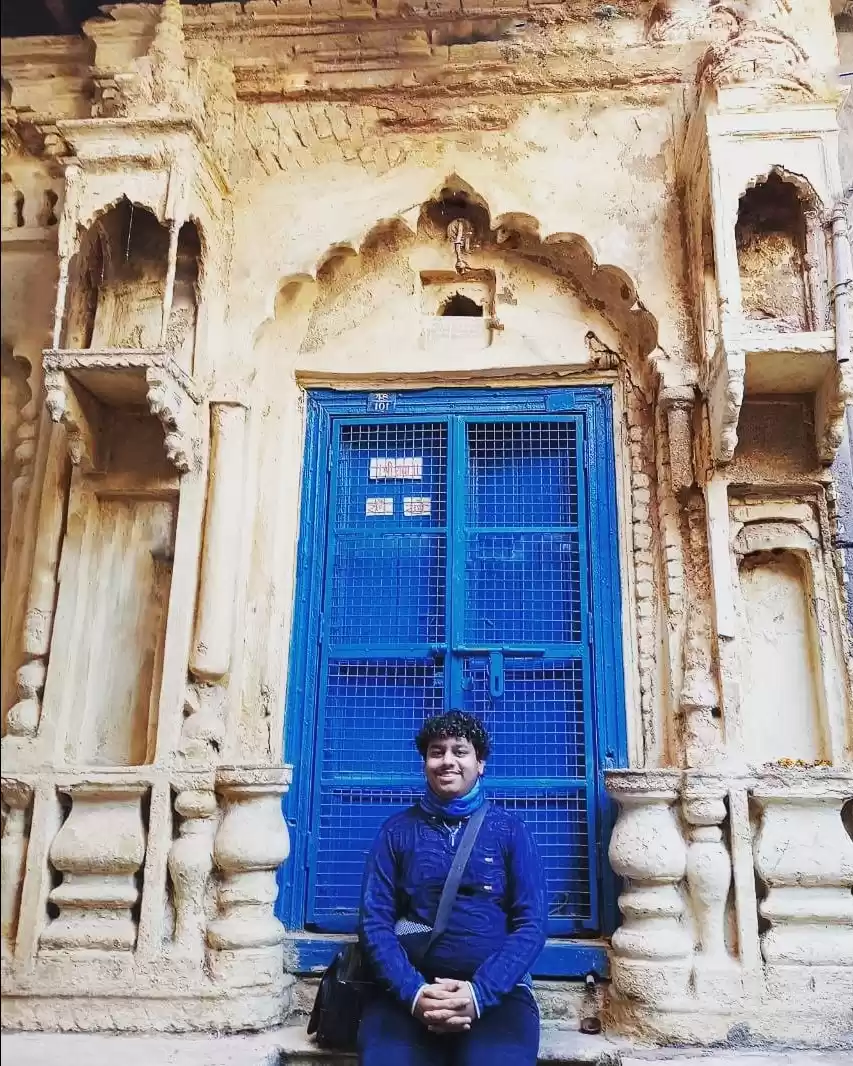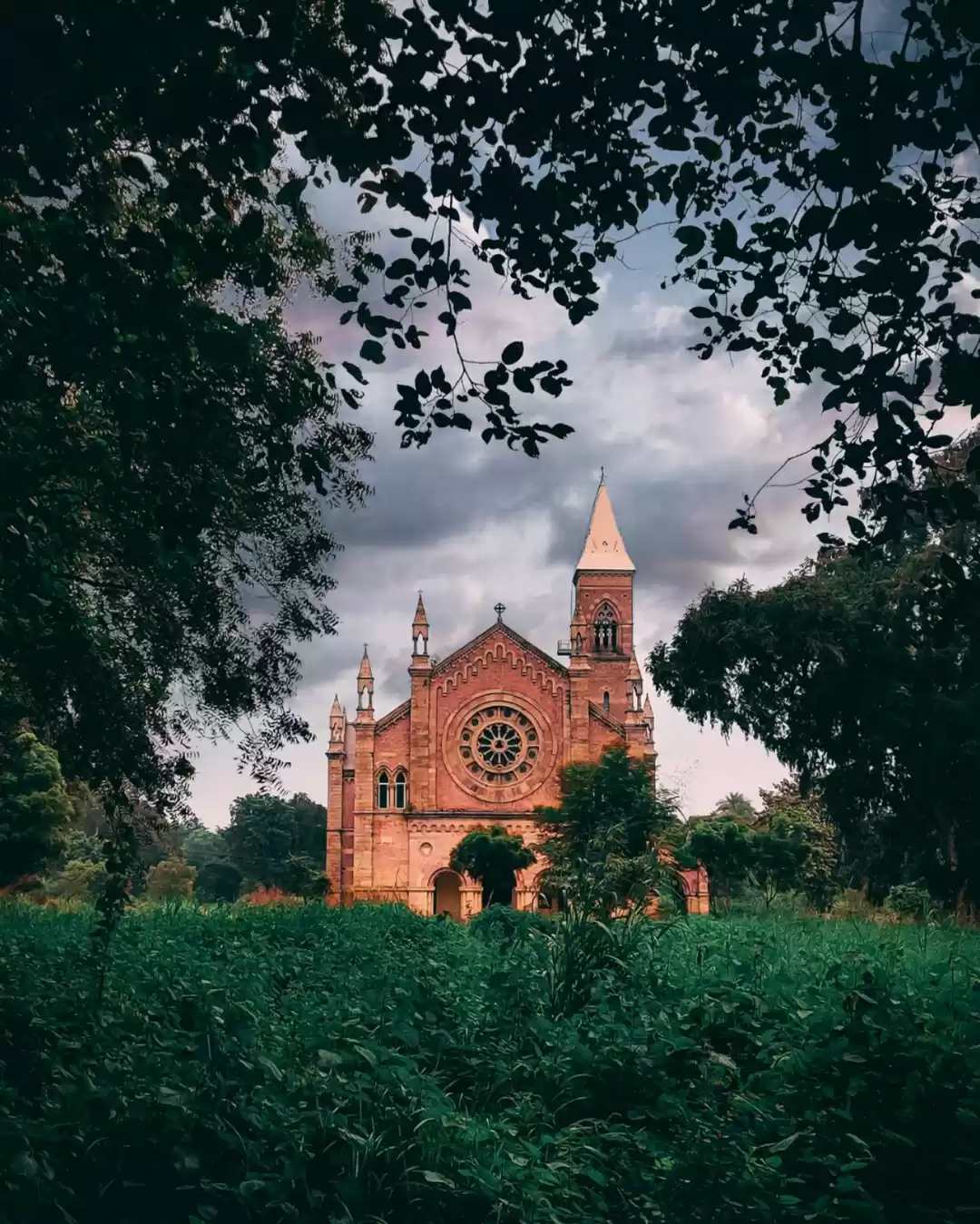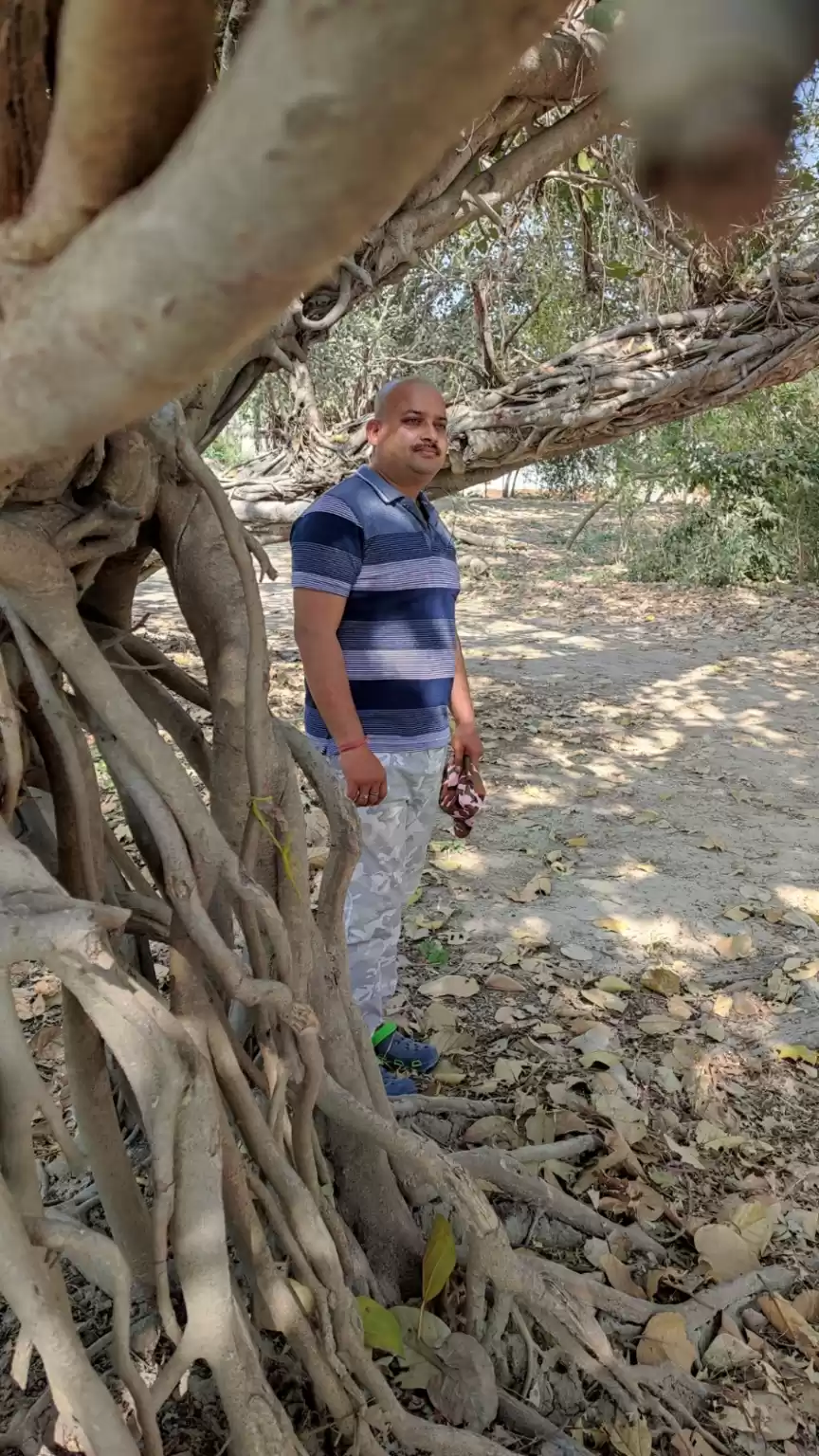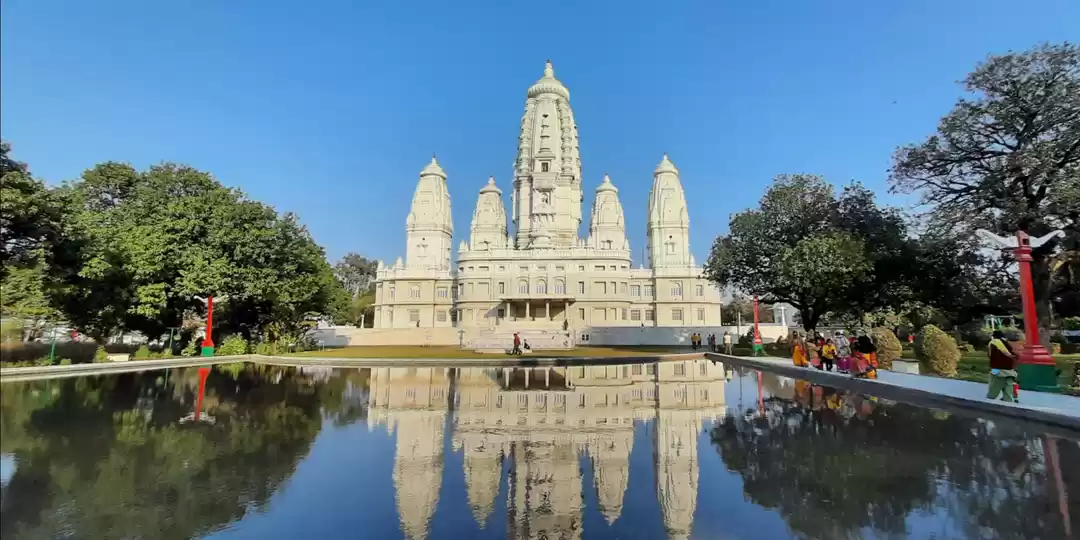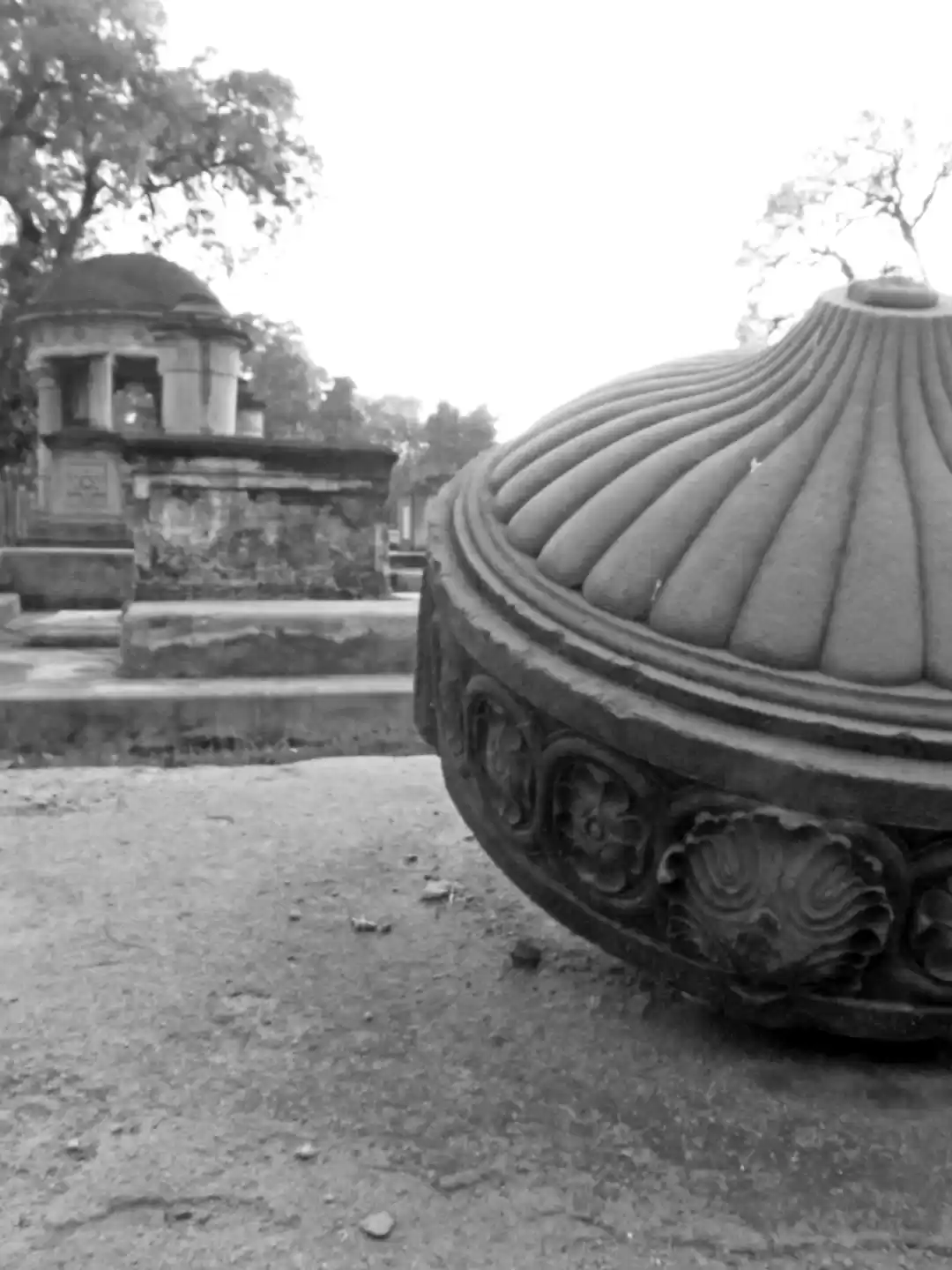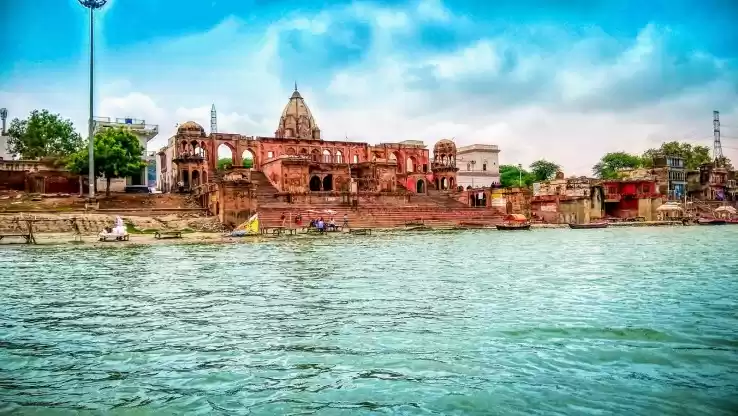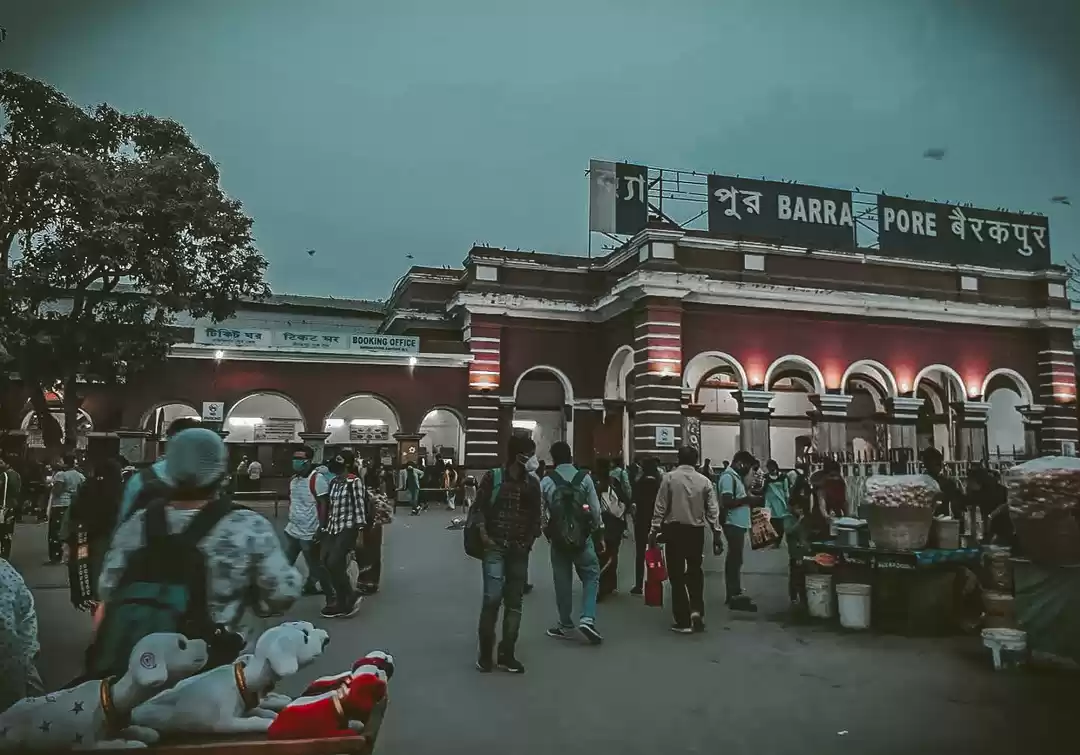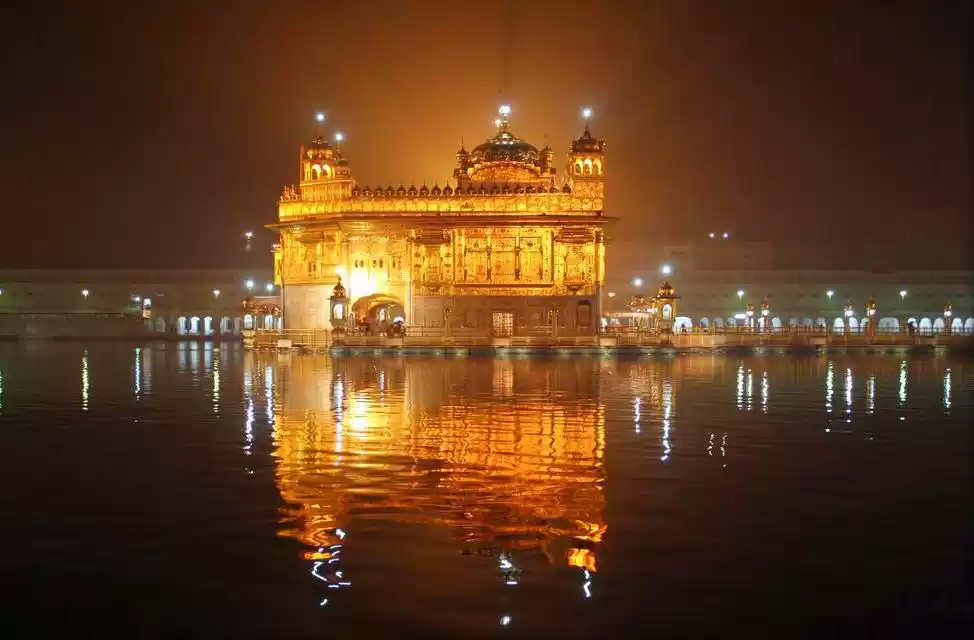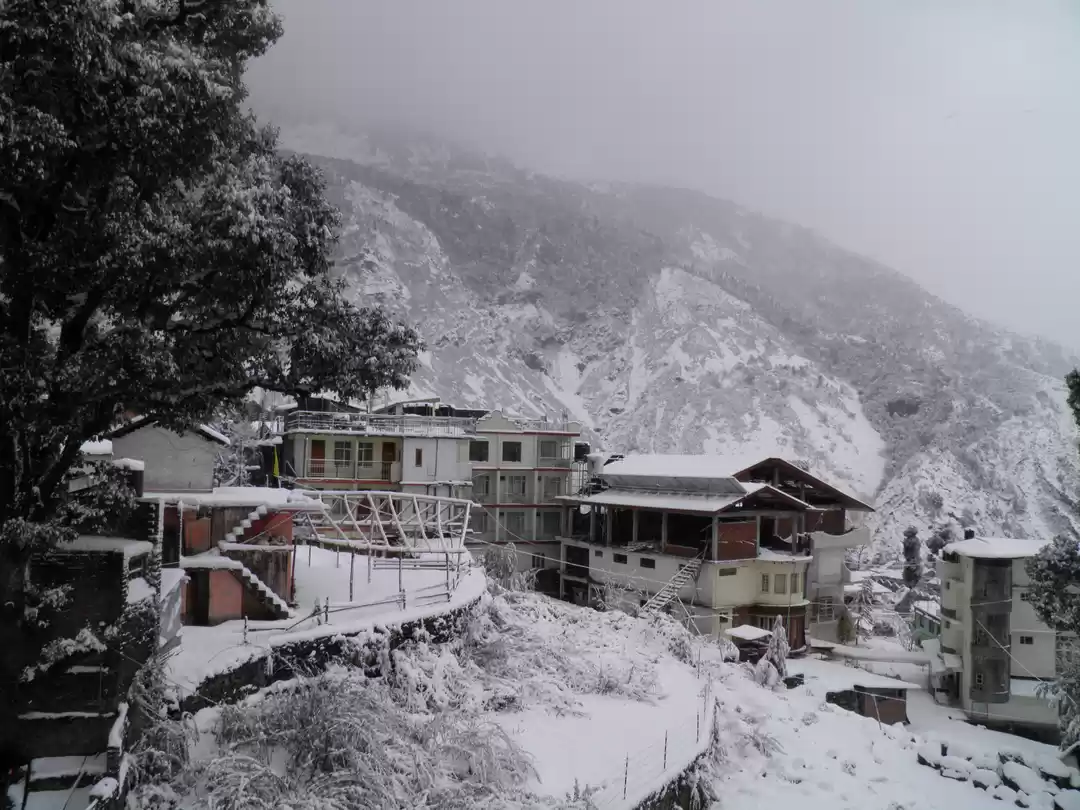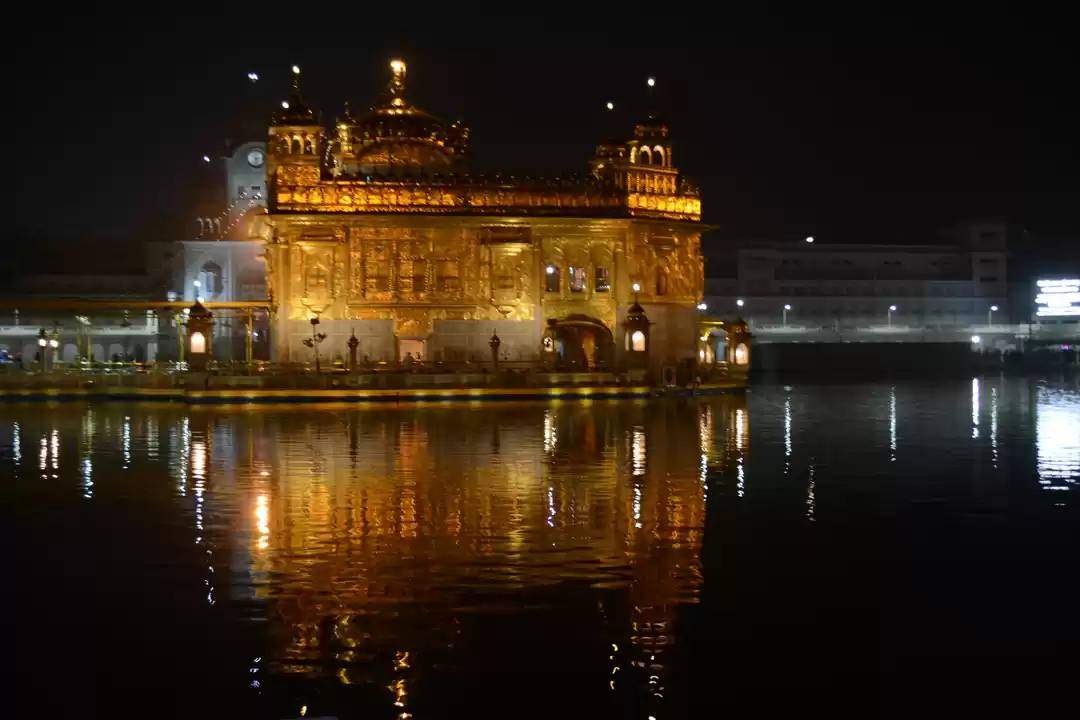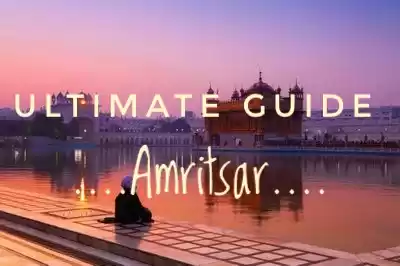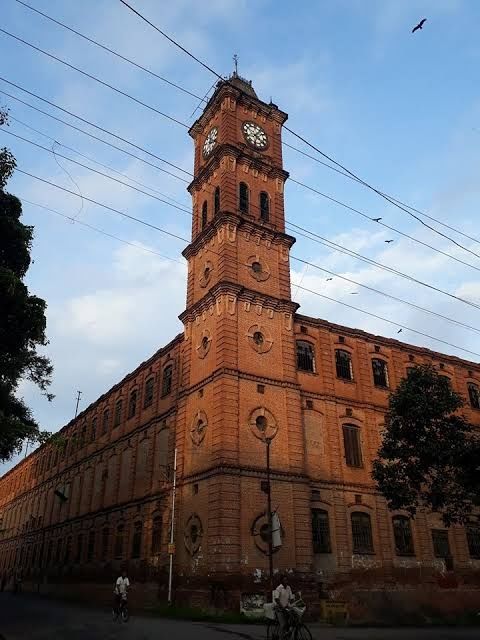
Kanpur often referred to as
the Manchester of India and
the leather city of the world is
located on the banks of river
Ganges in Uttar Pradesh.
The city was found in 1207
by Raja Kanha Deo of the
Kanhpuriya clan. There are
various tales that tell us that
Kanh Pur is named as the
town of Krishna. Some even
say that Kanpur was earlier
called as Karnapur and is
named as the town of Karna.
Apart from being the leather city
in the world and the industrial
city of Uttar Pradesh, Kanpur
has a lot more to it. The journey
from Cawnpore to Kanpur takes
us through the various events this
city has seen. Kanpur has played
a iconic role in the freedom
struggle of 1857 which was led
by Nana Sahib from Kanpur.
The Satti - Chaura Ghat which is
now called as the Massacre Ghat or
the Nana Rao Ghat has witnessed
the first freedom struggle of India.
It derived its name as Massacre
Ghat, because of the Seige of
Kanpur where an army led by
Nana Sahib had killed hundreds of
Britishers including women and
children. Later on it was named
as Nana Rao Ghat after Nana
Sahib who played an important
role in getting a safe passage
from the Britishers through this
ghat in the freedom struggle.
Kanpur has many other
attractions. One of them is
Bithoor a small town located
on the outskirts of the Kanpur
district. Bithoor is famous for
the birth of Luv and Kush the
sons of Lord Ram and Goddess
Sita. Bithoor is also famous as
it was the centre of the revolt of
1857 as Nana Sahib was based
there. Other tourist attractions at
Bithoor include Valmiki Ashram
which was the site where Ramayan
was written, Brahmavart Ghat,
Patthar Ghat, Dhruv Teela which
is named after the North star
(Dhruv Star), Iskcon Temple and
Siddhiram Ashram.
Phool Bagh and Nana Rao Park
also places of tourist attractions.
Nana Rao Park also called as
Company Bagh is situated near
Phool Bagh and has played a
major role during the freedom
struggle. Before independence it
was called as Memorial well
(1858- 1947) as it was made in
the memory of all the Britishers
who died in the revolt of 1857.
All Kanpur inhabitants were
forced to pay for
the construction of the memorial
well. This park is also famous for a
tree which is called as the Boodha
Bargad which still stands there
since the time of the revolt.
Phool Bagh also called as Ganesh
Shankar Vidyarthi Udyan was a
rendezvous for various political
party meetings and rallies in the
early 20th century. Phool Bagh
has the biggest library in Kanpur
called as Kanpur Sangrahalaya.
Earlier it was called as the Queen
Victoria Garden which was named
after Queen Victoria of England
when she had visited Kanpur.
Out of the 11 RBI's and 16 IIT's,
one of the Reserve banks and
IITs’ are also located in Kanpur.
Green Park Stadium the only
international cricket stadium in
Uttar Pradesh that has hosted
cricket matches in both test and
one day format is also located in
Kanpur. The central part of the city
lies northwest of a cantonment
(military installation); most of its
industry is still farther northwest.
The urban area also includes three
railway colonies and Armapur, a
suburb. There is a military airfield
nearby.
Kanpur has a university; colleges of medicine, law, and
education; the Indian Institute of
Technology, Kanpur (established
1959); and a government
experimental farm. Notable
buildings include a sacred Hindu
glass temple and Kamla Retreat, a
rest house on a small lake. There
are several museums.
Another exquisite architecture
located in Kanpur are the Lal Imli
These mills are not in use now.
The architecture of Lal Imli takes
us back to the Victorian era.
The building is made with red
bricks and has a clock tower also.
These mills were made in the late
1800’s and were under the British
India Corporation Limited. It was
used to produce woollen textile
for civilians and Indian armed
forces.
Another place to visit in Kanpur
is the JK temple. This temple is
also known as the Radha Krishna
temple which was constructed by
JK trust. It is a beautiful blend of
ancient and modern architecture.
The temple was constructed in the
year 1960.
The Kanpur Central was built in
1928, although the surrounding
building was completed in
1930. Kanpur railway station
is a major Intercity rail and
commuter railway station in the
region. More than 1580 stations
are directly connected to it, the
highest number of connections
to a single station in the country.
As of now, it is the most profitable
railway station in India. It is one
of the most busiest station in
India. According to NCR report
the station need at least 10 more
platforms to support the ever
increasing passenger amount.
The city is filled with wonders.
Another wonderful aspect of
this city is the parade region of
Kanpur. Be it your daily course
books or novels by your favourite
author, Parade book Bazar has
it all. The most striking feature
of this region is the availability
of books at the most affordable
prices.
Apart from all these places, some
fun places to visit in Kanpur
include the Z Square Mall and
the Blue world theme park. The
fun fact about the mall is that
it is constructed in the form of
the alphabet Z when seen from
an aerial view. The blue world
theme park was built by the Uttar
Pradesh government in 2013 and
is the largest amusement park in
Northern India.
Kanpur also has a lot of places for
all those fashionistas who loves
Street shopping. Some of them
include Naveen Market, Shivala,
Parade, Gumti No. 5 and Swaroop
Nagar.
The surrounding region of
Kanpur is a fertile stretch of
alluvial plain between the Ganges
and Yamuna rivers. Kanpur is
famous throughout Northern
India for its Ganga holi mela. The
Ganga holi mela takes place a few
days afret the festival of holi. It is
said to be celebrated as a token
of independence of all those
Indian sepoys who had been set
free by the British Government
and had returned home after
imprisonment.
The best time to plan your trip to
this beautiful city is during the
festival of Janmashtami or during
the months of March and April in
order to avoid the harsh summer
and the cold winters.
Cover Photo: Lal Imli Mills
Photo by: Unmulan Samvad
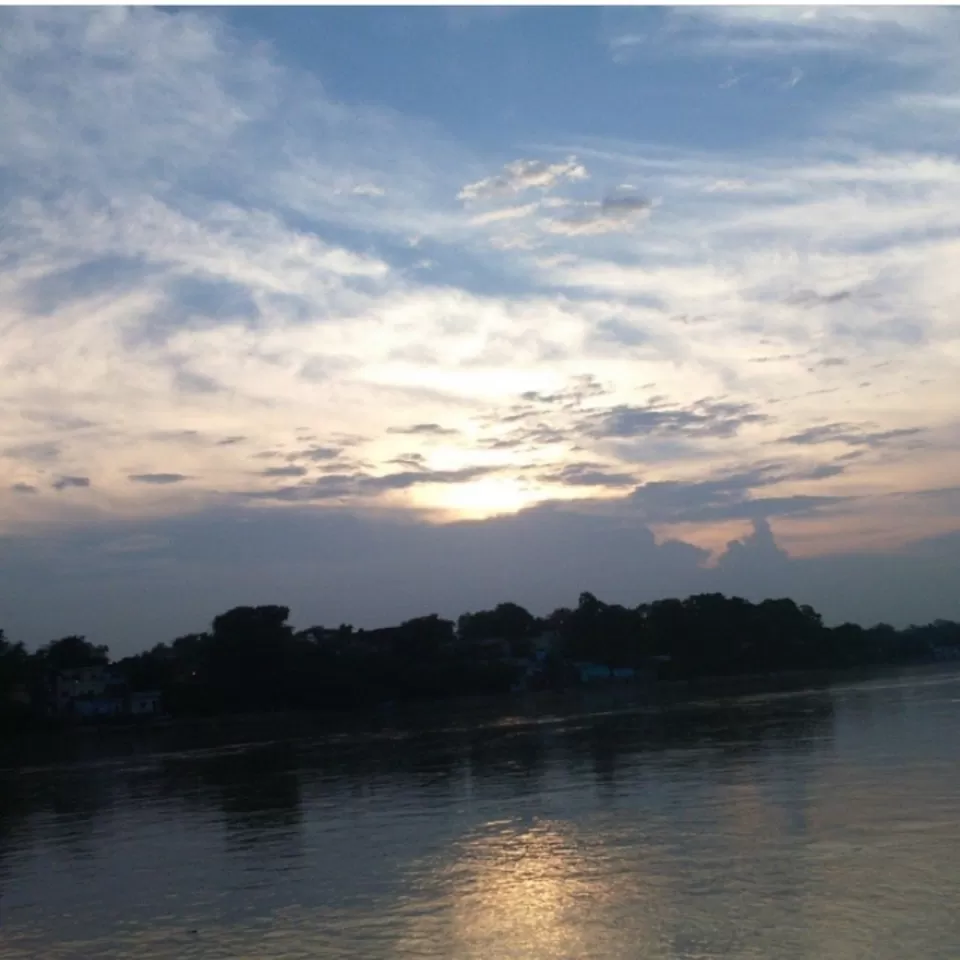
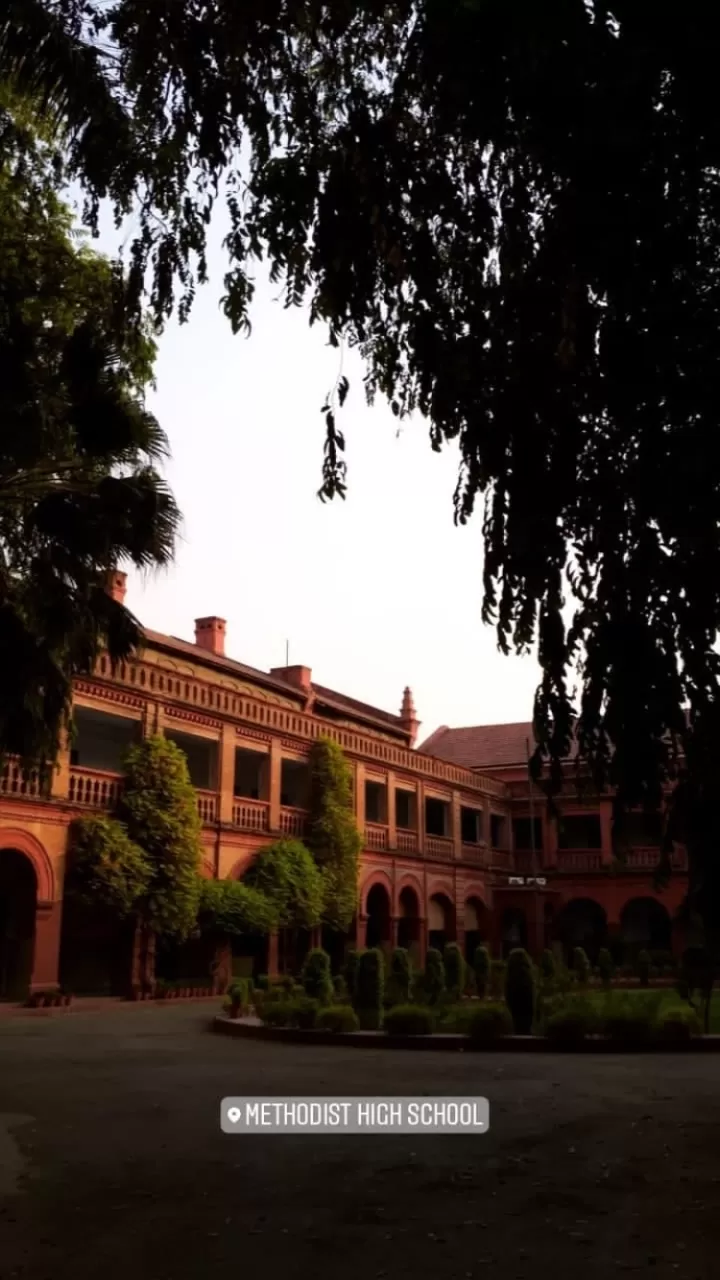
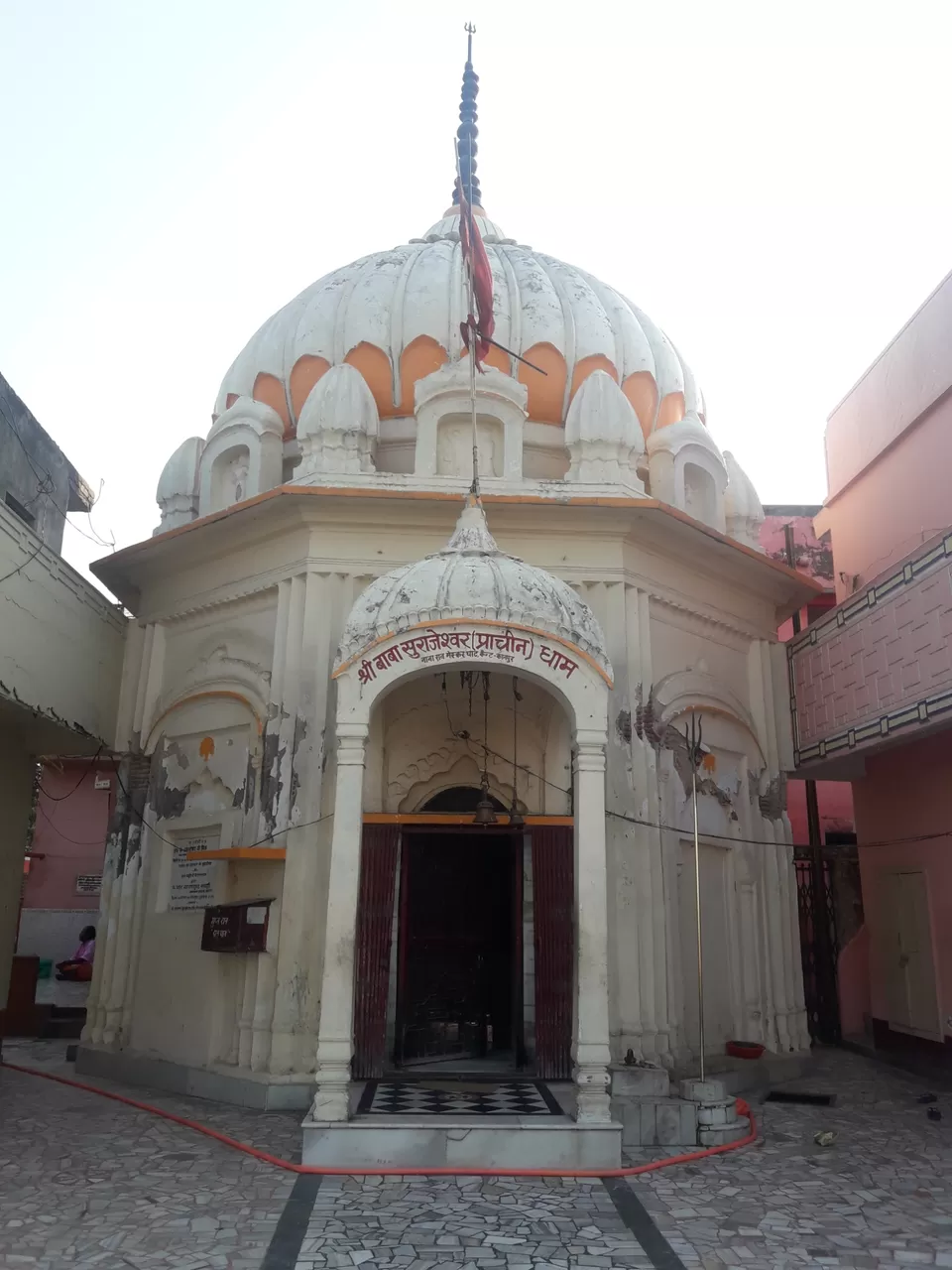
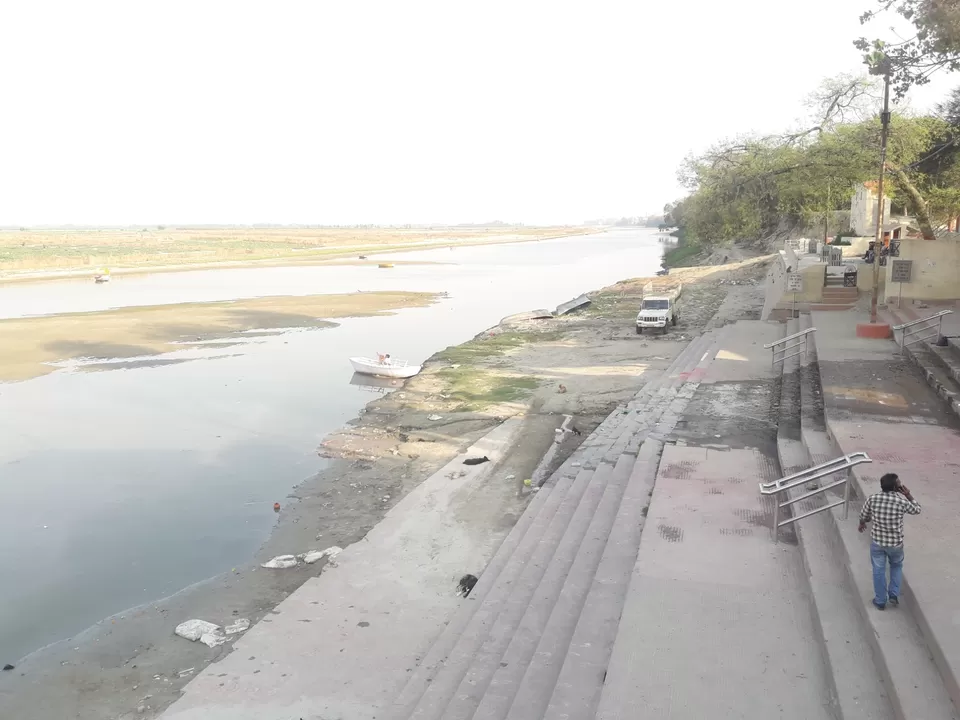
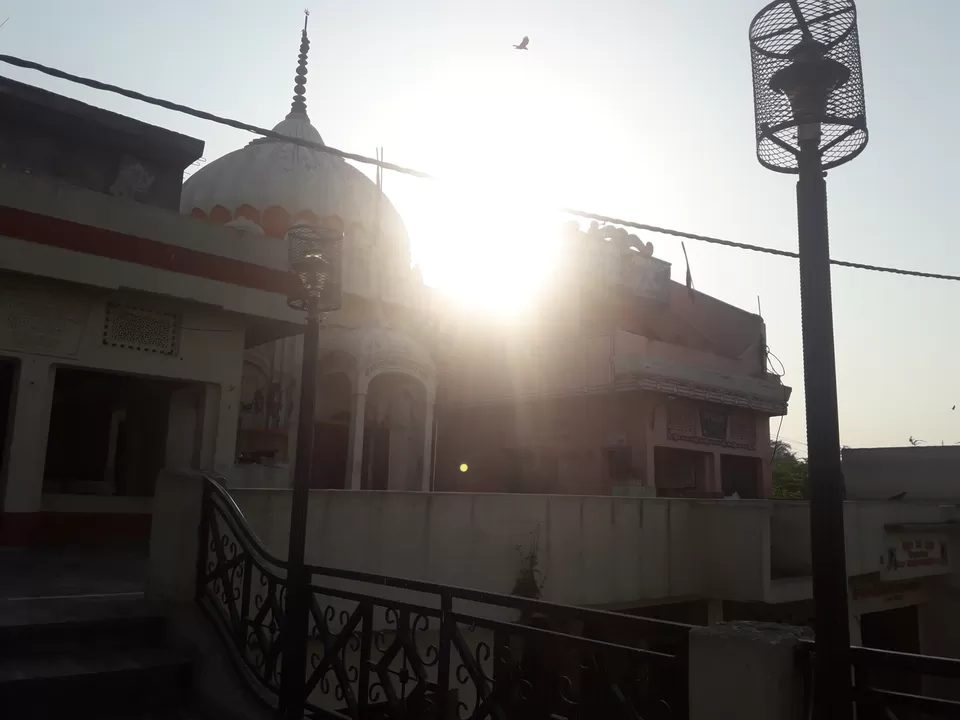
Also read: iskcon temple kanpur


